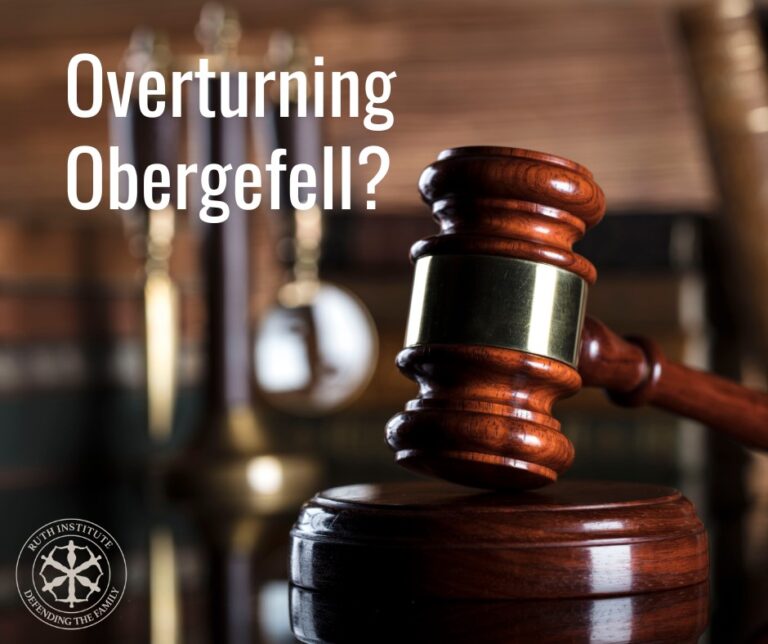
By Jennifer Roback Morse Published on November 12, 2024
Considering how many articles I’ve written defending therapy for unwanted same-sex attraction, you may be surprised by this headline. Nonetheless, it is true: I strongly recommend that you NOT take your teenaged son for therapy to cure him of his same-sex attraction. You will not get the results you are looking for, and you may make the situation worse.
Let me explain.
I recently attended a conference of the International Foundation for Therapeutic and Counseling Choice, a professional association of Christian counselors who advocate for the rights of clients to choose therapists who will help them achieve their personal life goals. This includes clients who want to lessen their feelings of same-sex attraction and the patterns of thoughts and behavior that accompany those feelings. This association formed in part to oppose the worldwide effort to ban so-called conversion therapy, reasoning that the term “conversion therapy” is so broadly defined that it includes client-chosen, client-directed talk therapy, along with the tortuous practices that the term “conversion therapy” itself is calculated to suggest.
I was interested to hear one of the therapists tell the following story. I paraphrase from memory:
One day I heard a struggle taking place outside my office door. I saw a man pulling a teenaged boy toward my office. The boy was literally clinging to something to keep himself from coming into my office.

I told the man that dragging his son into therapy was not likely to be beneficial. “Why don’t you come to my office?” I asked. “We can talk about your family and your issues.”
The man came once or twice, and never returned.
Real Data
This reminded me of a conversation I had with my colleague Fr. Paul Sullins, about his research (summarized here) defending the general helpfulness of talk therapy for addressing unwanted same-sex attraction.
Sullins’s overall data shows that a person’s risk of suicide declines after receiving some form of therapy to address unwanted same-sex attraction. But in some of the research, an important exception to this general finding sometimes emerges: A person who was a minor at the time he received therapy from a religious leader was more likely to attempt suicide later.
When I saw this, I said, “Whoa, padre. What’s this all about?”
Sullins took off his statistician hat and put on his priest hat. “I can tell you exactly what this is about,” he said, and went on to explain.
There are at least two factors at work. The first is the mere fact that the teenager is “taken” to therapy by a parent. An unwilling client is unlikely to benefit from any type of therapy. Many therapists, like the one I mentioned at the beginning, are reluctant to even attempt to treat a reluctant client.
The second factor is that family dynamics often play a role in the development of a persistent same-sex attraction. A same-sex-attracted young man may have some kind of “father wound” or a wounded sense of his own masculinity. He may have conflict with his father or find his father to be an unattractive role model. He may be smothered by his mother or be her “confidante,” a role his father really should be playing.
To make matters worse, the minor child still has to live within the existing family dynamics. His attempts to change some areas of his life may disrupt the family’s dysfunctional patterns. Under these circumstances, therapy can easily become a source of even greater distress for the young person.
How Treatment Works



